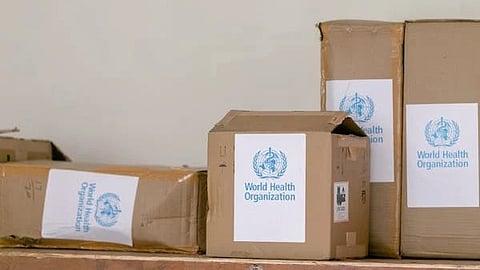The Dual Threat of HSV-1 and HSV-2
The herpes simplex virus exists in two forms:
HSV-2: This type, primarily spread through sexual contact, affects 520 million people globally. It is the primary cause of recurrent symptomatic episodes, accounting for about 90% of cases, and significantly increases the risk of HIV transmission.
HSV-1: Traditionally causing oral herpes through childhood contact, HSV-1 is increasingly being transmitted sexually to cause genital infections in adults. In 2020, an estimated 376 million people globally had genital HSV-1, and approximately 50 million of these cases also involved HSV-2 co-infections.
Changing Transmission Patterns
Interestingly, the prevalence of HSV-1 in childhood has declined in some regions due to improved hygiene and less crowded living conditions. However, this has increased susceptibility to genital HSV-1 infections later in life. This shift, along with improved data collection methods, has contributed to higher estimates of HSV-1 genital infections in recent years compared to 2016.
Economic and Health Burden
While herpes is rarely fatal, its lifelong nature and recurring symptoms significantly impact mental health, relationships, and quality of life. Beyond the personal toll, herpes incurs a massive economic burden—an estimated $35 billion annually—primarily from healthcare costs and productivity losses. These costs stem from healthcare expenditures and productivity losses.
Stigma and the Path Forward
Dr. Sami Gottlieb of WHO’s Department of Sexual and Reproductive Health noted that stigma has hindered awareness and action against genital herpes. “Expanded research and investment in developing herpes vaccines and therapies, alongside equitable access, could transform the quality of life for millions,” she said.
Prevention and Control Efforts
While there is no cure for herpes, antiviral treatments can alleviate symptoms and reduce transmission risks. WHO emphasizes the importance of:
Correct and consistent condom use.
Avoiding sexual contact during active outbreaks.
Offering HIV testing and pre-exposure prophylaxis for individuals with genital herpes symptoms.
WHO is also spearheading efforts under its Global Health Sector Strategy on HIV, Viral Hepatitis, and STIs (2022-2030) to enhance awareness, improve treatment access, and advance research on vaccines and novel prevention tools.
The Bigger Picture
This report underscores the global scale of genital herpes infections and the urgent need for concerted efforts to tackle this public health challenge. With new tools, awareness campaigns, and strategic investments, the burden of herpes can be significantly reduced, improving health outcomes and relieving strained healthcare systems worldwide.
Reference
(Input from various sources)
(Rehash/Josna Lewis/MSM)


